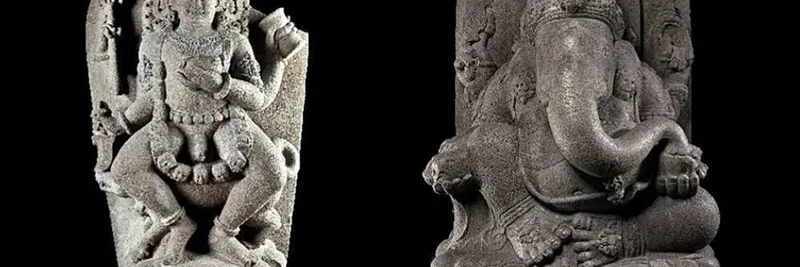In a thought-provoking post on X, crypto entrepreneur George Harrap shared his candid views on the recent decision by the Netherlands to return approximately 30,000 historical items to Indonesia. Harrap, known for his early involvement in Bitcoin since 2011 and as the co-founder of Step Finance—a Solana-based DeFi dashboard—didn't mince words about the shifting sands of global stability.
The news broke when the Dutch government agreed to repatriate a massive collection that includes artifacts, fossils like the famous "Java Man," and historical documents taken during the colonial era. This move comes after discussions between Indonesian President Prabowo Subianto and Dutch King Willem-Alexander, marking a significant step in addressing colonial legacies.
Harrap's take? He suggests it's high time for nations that were once colonized—countries he bluntly refers to as "shit shows" in prior centuries—to demand their treasures back from Europe. "It was 100% the best scenario that Europe took them, they were far more stable societies," he wrote in his post. But now, with Europe facing its own challenges—from economic pressures to political unrest—Harrap argues the risk has flipped. "Now Europe is the shitshow and it’s more risky keeping them there."
For those new to the term, repatriation here means returning cultural or historical items to their country of origin, often after they've been held in museums or collections abroad for centuries. This isn't just about artifacts; it's a broader conversation on justice, heritage, and power dynamics.
As a veteran in the crypto space, Harrap's perspective resonates beyond history. In blockchain circles, where decentralization and sovereignty are core principles, this echoes discussions on how emerging markets are rising in influence. Meme tokens, often born from cultural narratives and community-driven hype, could draw inspiration from such shifts. Imagine meme projects themed around cultural reclamation or global equity—turning historical narratives into viral, tokenized assets on chains like Solana.
Harrap's background adds weight to his words. He founded Bitspark, a pioneering Bitcoin remittance service, and has been vocal on crypto regulations and offshore structuring in his Medium articles. His experience in bridging traditional finance with digital assets makes his commentary on global instability particularly relevant, as crypto often serves as a hedge during turbulent times.
This tweet highlights how interconnected world events are with the crypto ecosystem. As Europe grapples with its issues, regions like Southeast Asia are booming in blockchain adoption. Indonesia, for instance, has seen a surge in crypto users and meme token enthusiasm, with projects leveraging local culture for global appeal.
Whether you agree with Harrap's blunt assessment or not, it's a reminder that in our decentralized world, stability isn't guaranteed anywhere—and that's where innovations like blockchain shine, offering tools for transparency in everything from artifact provenance to financial sovereignty. Keep an eye on how these geopolitical shifts influence the next wave of meme tokens and DeFi trends.



